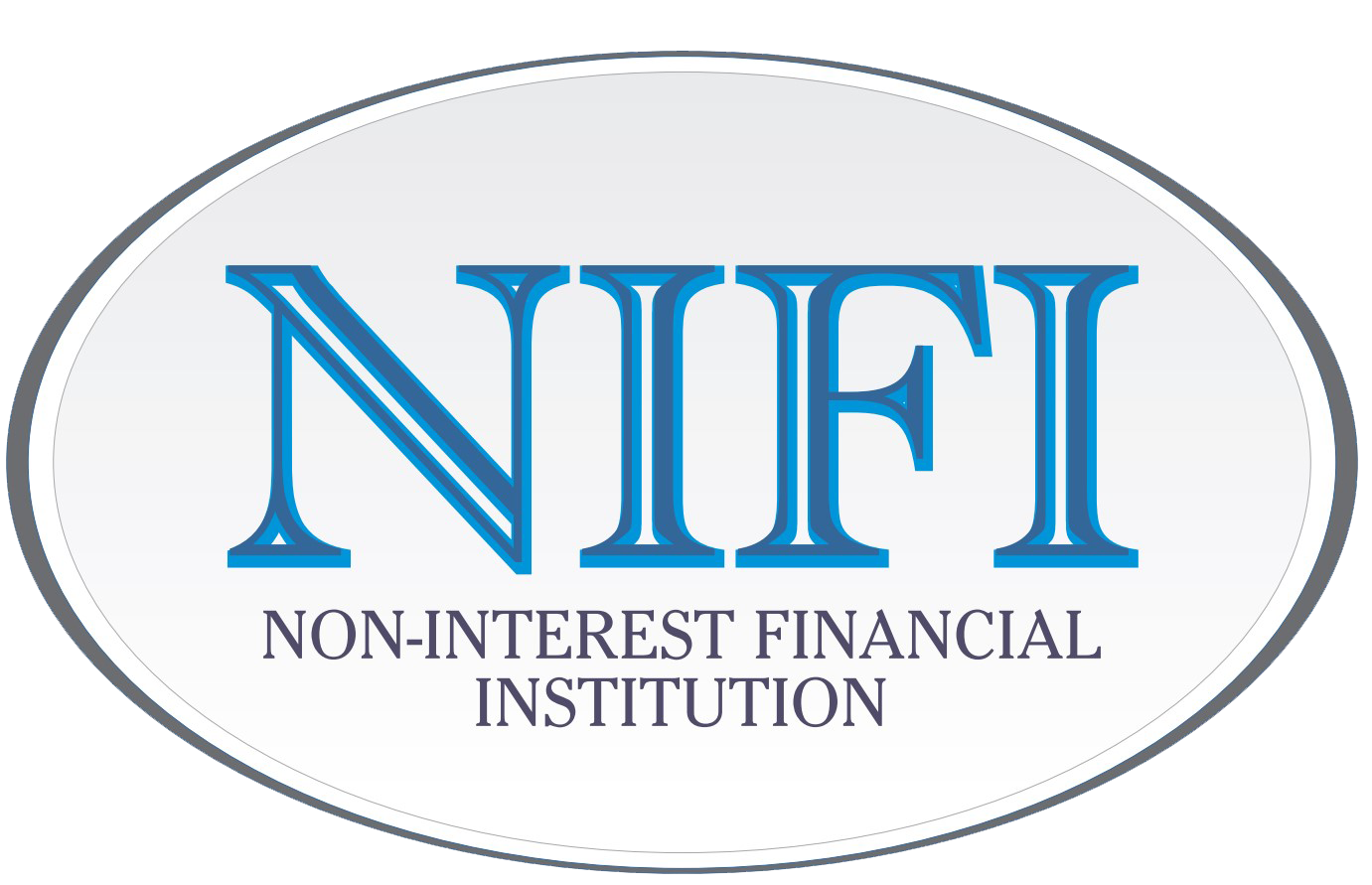“Why was the weekend so short?”, “It’s Monday already?”, “Can we skip to Friday?” These are some of the phrases we use when the weekend winds down and another Monday approaches. Let’s be honest, the sound of that Monday morning alarm can feel less like a gentle nudge and more like a personal attack.
Many of us start the week groggily, moving from the slow, relaxed bliss of the weekend to a full-speed sprint, powered by the dreaded but unavoidable sound of “Can you see my screen?” And the sight of “Please find attached.” This feeling is so common it has its own name: the “Sunday Scaries.” In fact, one survey found that many workers (69%) experience anxiety around the coming workweek on weekends.
We dread Monday; but what if Monday isn’t the problem? What if how we start Mondays is the problem, and there is a solution for it?
Monday is like the “New Year’s Day” of your week, offering a fresh start and a clean slate. The key is to stop reacting to your week and start designing it, so let’s explore 6 simple habits you can build to make Mondays work for you.
Habit 1: The “Brain Dump”
Have you ever felt like your mind was juggling a million things at once? That’s where a brain dump comes in. It’s a simple but powerful habit; just grab a notebook or open your notes app and pour out everything swirling in your head, tasks, worries, random ideas, without worrying about order or structure. Think of it as decluttering your mental space. Once it’s all out, you’ll feel lighter, more focused, and ready to tackle what really matters. This should take 10-15 minutes at most, so it’s something you can do before you see your evening movie. Your list may look like this:
Call mom
Email the marketing team
Finish that report
Send money to Ahmed
Prepare for Wednesday’s presentation
Save 10k this week
Buy power units
Remember that there’s no pressure to organise it, just get it all out. This simple act of externalising your mental to-do list frees your brain from the low-level anxiety of trying to remember everything.
A great Monday doesn’t start on Monday. It starts on Sunday evening. The goal isn’t to work on the weekend, it’s the opposite. The goal is to get all the noise out of your head so you can actually relax on Sunday night, sleep soundly, and wake up with a plan.
Habit 2: Try a 3,2,1 Formula
Your list for the week is probably long, and there should be absolutely no pressure to get it all done on Monday, that’s where the 3,2,1 formula comes in.
Ask yourself; “What 3 tasks can I do at work that will make me feel the most accomplished?” Make them the three that’ll make you feel pumped up as you tick them off and put you in a position where you’re not getting strongly worded emails from your manager or colleagues. “What 2 things can I do in my personal life?” It could be as simple as the phone call to mom and buying power units during your lunch break to ensure you don’t have to sleep in the dark at some point in the week. Lastly “what 1 thing can I do for my finances?” This could be as simple as finally automating your savings on your bank app. You can push tasks like budget reviews to midweek.
Whatever 3,2,1 you decide on, no matter how big or small, they are your non-negotiable priorities for Monday. This simple act of prioritisation is a game-changer. When you wake up on Monday, you won’t be staring at a mountain of 50 tasks; you’ll have a clear, achievable target. This is your defence against decision fatigue.
Habit 3: The Money Check-in
Whether you’re working onsite or remotely, you’re bound to spend money on Monday, and probably throughout the week, so why not take a minute on Sunday to open your bank app and do a quick check-in with yourself?
How much do you have left in your “eat out” account? Do you still have spare money to send to family this week? What major expenses do you have this week and what is your current balance?
This isn’t a budget review; a glance at the numbers can help check your spending in the new week and keep you on track with your financial goals. Starting your Monday knowing where you stand gives you a chance to make smarter, more conscious spending decisions all week.
Habit 4: Move for 10 Minutes
The first 3 habits are for Sunday; this one is for every day, but particularly important on a Monday morning. You don’t need a 90-minute gym session. The goal is to change your physical and mental state. Before you check your phone, just move.
- Do 10 minutes of light stretching.
- Put on one of your favourite songs and dance in the kitchen while your bath water boils.
- Walk around the premises when you resume or use the stairs to go between floors; deliberately, not rushing and panting like it’s a punishment.
Why is this important? It gets your blood flowing and releases endorphins. A study published in the National Library of Medicine strongly links workplace creativity to exercises. You’re not just waking up your body; you’re waking up your brain.
Habit 5: Tackle The Hard Stuff before 11AM
Remember your 3,2,1 list? Yes, we’re back there. In your list of 3 tasks for the workplace, there’s likely one that’s tough and probably not even fun; set out to be done with it by or before 11AM. Be it a complex report or strategy document, or that difficult phone call. Our instinct is to procrastinate; to clear out “easy” tasks first to feel productive. This could be a trap, that tough task may end up hanging over your head all day, draining your energy and focus, so set off to get it done before 11AM. The burst of energy and sense of accomplishment you’ll feel afterward will make it worth it, and you’ll have “won” the day before lunchtime, freeing you up to handle the rest of your week with confidence and clarity.
Habit 6: Time-Block Your Tasks
Remember those other tasks from your Sunday brain dump that didn’t make it into your 3,2,1 list? This is the place for them. Take the other items and plug them into open slots in your week. It should look like this:
- “Meet with XYZ” (Tuesday, 9 AM – 10 AM)
- “Email marketing” (Tuesday, 10:30 AM)
- “Research new methods for…” (Wednesday, 12:00 PM)
This time-blocking method prevents you from over-committing and protects your time. It turns vague intentions (“I need to work on that sometime this week”) into concrete, actionable plans.
Monday Is Yours To Mould
Mondays are not days to dread, they can be the start to a productive week, just by building a few small, consistent habits. As simple as a15-minute plan on a Sunday or a 10-minute walk on a Monday morning.
This week, don’t just let Monday happen to you, make it work for you. You can start by picking one habit on the list, start small, stay consistent, and gradually add on the others, and watch how your Mondays are transformed.
One final tip and nudge; your savings and investments don’t have to be on the list of things you plan to do each week. They can be easily automated on the Alt Bank App in less than 2 minutes, ensuring that your money is working just as hard as you are.
Here’s to a super productive week ahead.




This information 📖 is going to 💡 help so many 🙏 people who really 💖 need to hear 🌟 this wisdom